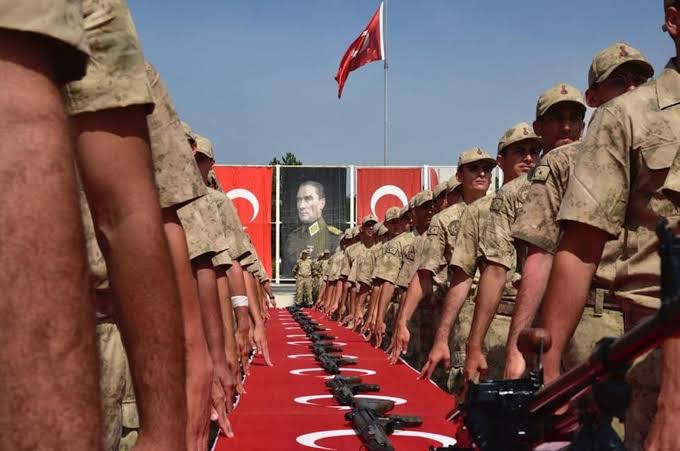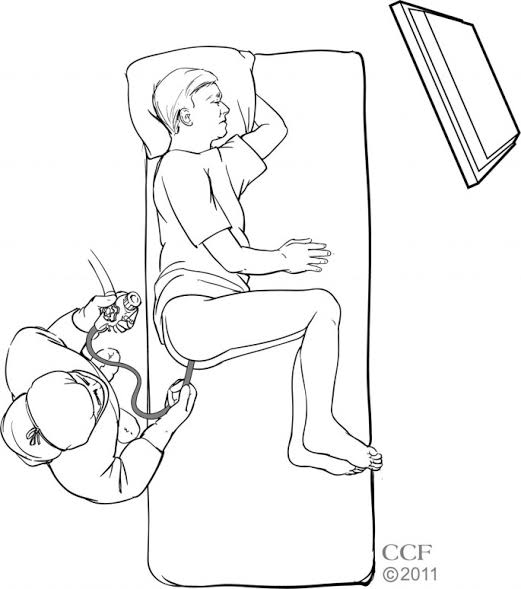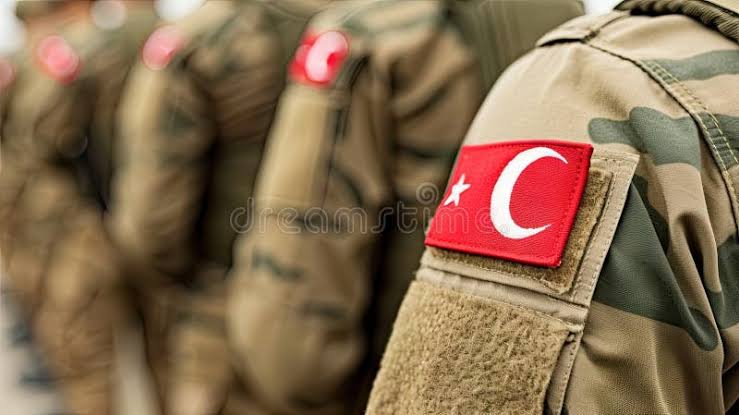
In Turkey, every man is expected to serve in the military. It’s a national duty that comes with deep-rooted expectations of masculinity and patriotism. But not all men are allowed to serve. For decades, if you said you were gay, you were told to prove it.
How Do You Prove a Feeling?
The Turkish Armed Forces didn’t treat homosexuality as an identity. They classified it as a disorder. Being gay was grouped alongside mental illnesses, which meant you could be exempt from service—but only if you convinced the authorities you really were.
Doctors and officials demanded evidence. This wasn’t a check-box declaration. It was a process designed to humiliate, discourage, and punish.
The Gay Test
Many men who wanted exemption were asked to bring photos of themselves having sex with another man. Not just any photo. They had to be in the passive role. Some were told the photos had to show penetration. Others were asked for multiple angles.
Those who refused to provide images were asked invasive questions. When did you first feel it? What kind of underwear do you wear? Would you rather be a flower or a tree? It sounds absurd—because it was.

Exams That Crossed a Line
Some applicants were sent for physical exams. Doctors would conduct rectal examinations to find “evidence” of gay sex. This had no medical basis. It was pseudoscience, a leftover idea from colonial forensic manuals and outdated criminal codes.
Human rights groups called it what it was—state-sponsored sexual abuse. But inside military hospitals, these exams were routine.

Once You’re Out, You’re Marked
Men who passed the test—who proved they were gay—received an exemption document. But it came with a cost. The paper labeled them with a psychosexual disorder. It wasn’t just about avoiding service. That label followed them for life.
Employers could see it. Some rejected applicants outright. In conservative families, the paper outed young men to their parents and relatives. Being spared the army often meant being rejected everywhere else.
Why It Mattered to Stay In
Some gay men chose to serve anyway. It felt safer than going through the exemption process. Inside the military, they hid their identity. There were whispered communities, quiet signals, invisible networks.
It wasn’t safe. But it was invisible. And sometimes invisibility felt more survivable than being officially listed as deviant.

Under Pressure, Things Changed
In the 2000s, Turkish activists, lawyers, and international groups began to speak out. Media coverage exposed the photo requests. Court cases challenged the exams. Eventually, the military eased some of the most degrading practices.
Rectal exams became rarer. Some psychological interviews were toned down. But the system didn’t disappear. The exemption still exists. The labeling still exists. The culture still sees homosexuality as something to stamp, mark, and file away.
Still Unwelcome, Still Tracked
Turkey hasn’t banned homosexuality. But it hasn’t embraced it either. The military doesn’t punish gay men—it excludes them. But to be excluded, you still have to go through the same system.
The military has changed the language in some forms, but the old codes linger. The idea that being gay is a medical condition remains written in bureaucratic terms. And for those who go through the process, the shame is designed to stick.
What This Says About Power
The Turkish military’s gay test wasn’t about health. It wasn’t even really about service. It was about control. About making people humiliate themselves to be excused. About keeping a system of masculinity untouched.
Today, the worst parts may be over. But the stories haven’t disappeared. And for a generation of men, the test is something they still live with—even if they passed.





